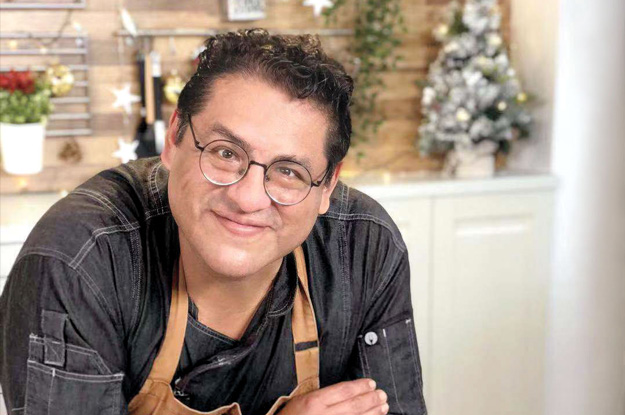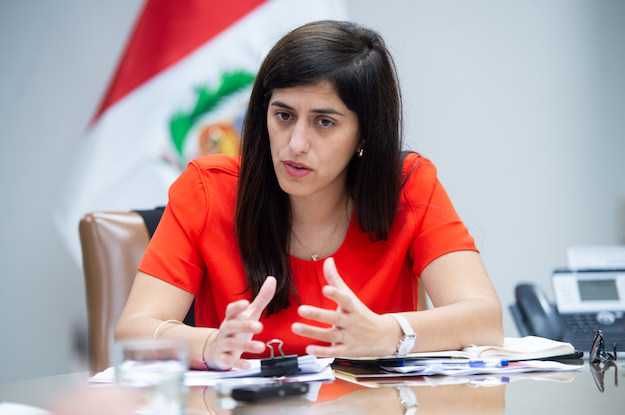This article is adapted from AQ’s print issue on China and Latin America. To see the rest of our list, click here. | Leer en español
“I moved here to have a new challenge, and it has been amazing,” said chef Eduardo Vargas, 48, a native of Peru living and working in China for nearly two decades. He found creative freedom amid fierce competition and rising rents in Shanghai, where at first “there were no rules” for a chef reimagining Western cuisine.
Vargas said his link to Asia happened by chance.
“I was supposed to have a short layover in Singapore on my way to the United States (after a stint in Seychelles), but I was offered a job on my second day there.” Another opportunity then took him to Shanghai in 2001 and three years later Vargas opened his own restaurant there, Azul. His “tapas with a Latin accent” won him quick recognition and popularity.
Vargas has since become an international consultant to food businesses, opening over 25 restaurant concepts across Asia that showcase cuisines from Cambodian to Mexican. He collects cookbooks of all kinds for his research, getting many straight from the source. “Cookbooks from around the world are basically printed in China, even from Peru,” Vargas told AQ. A food scene fueled by tourists and expats when he first arrived has since experienced a surge of interested locals with keen tastes. “People here have changed in the past decade,” he said of his Chinese clientele. “They travel all over and try food everywhere, so now they are looking for authenticity.”
A small but mighty community of Latin American chefs thrives in China. From a dozen taco specialists to the rare churrasco grill master, many cultures are represented — with some exceptions. “Caribbean food is what’s missing here,” said Vargas to the next wave of aspiring expat chefs.
Vargas comes from a cooking family. He grew up watching his grandmother Teresa Ocampo — Peru’s answer to Julia Child — cooking on TV and at home in Lima. “I used to make drawings of how my first restaurant would be, since I was 12 years old,” he told AQ. But the young Vargas had no idea his menus would be in Mandarin.
—
Miller is production editor at AQ








